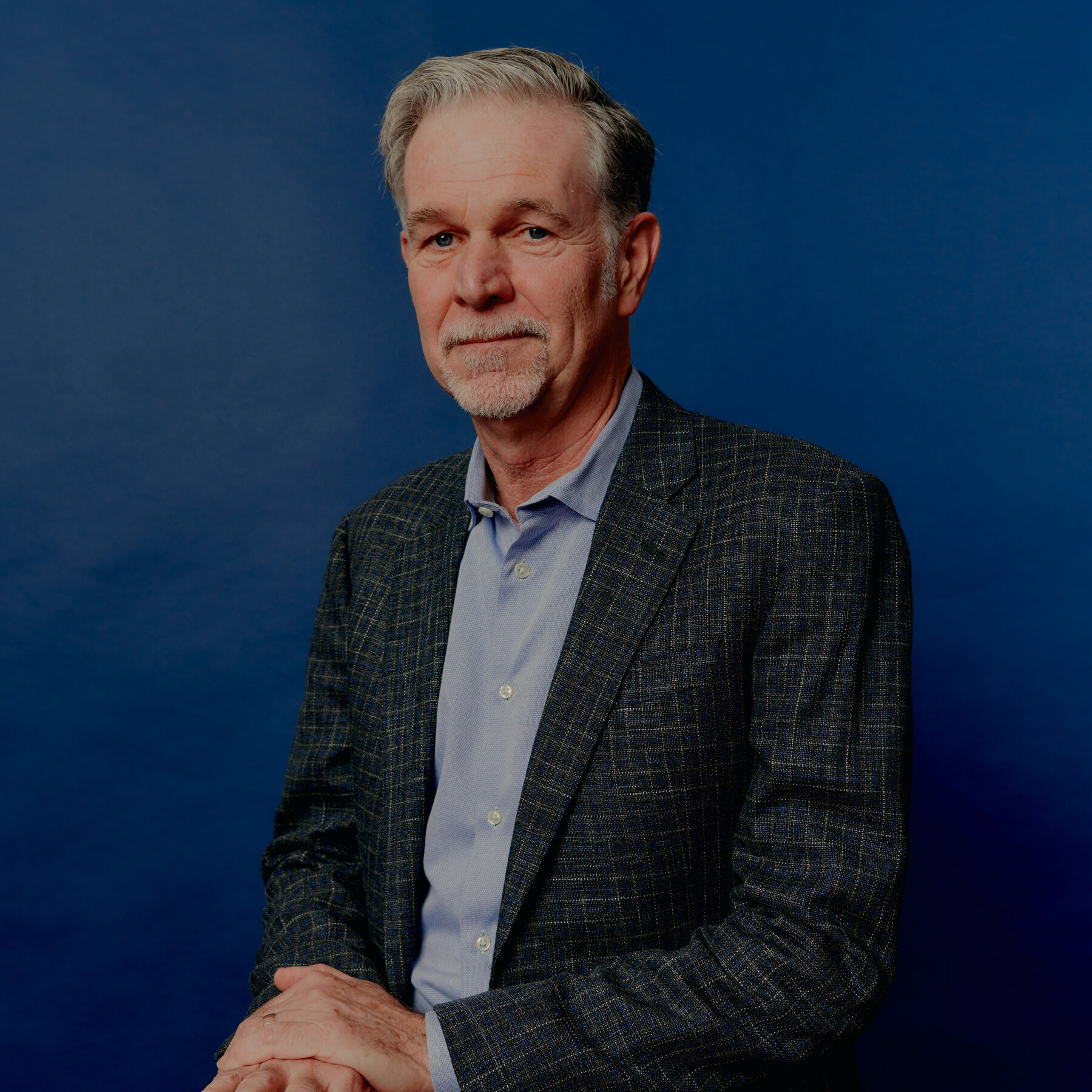Watch this related video:
Artificial Intelligence (A.I.) has become an integral part of our daily lives, from recommendations on streaming platforms to virtual assistants on our smartphones. As this cutting-edge technology continues to advance, it is crucial to invest in its development. That’s exactly what Netflix CEO Reed Hastings has done by giving a generous $50 million donation to Bowdoin College, a small liberal arts college in Maine.
Hastings, who graduated from Bowdoin in 1983, is a strong advocate for education and believes that “innovation thrives in places where there is a diversity of ideas and people.” With this significant contribution, Bowdoin plans to establish a new A.I. institute that will focus on interdisciplinary research and teaching. The institute will bring together computer science, mathematics, economics, psychology, and more, providing a unique and comprehensive approach to the study of A.I.
But why is this donation such a game-changer? And what does it mean for the future of A.I. and the students at Bowdoin? Let’s take a closer look at the potential impact of this groundbreaking initiative.
Investing in the Future of A.I.
A.I. is changing the way we live and work, and it’s only going to become more prevalent in the years to come. According to research by Gartner, the global market for A.I. is expected to reach a staggering $300 billion by 2024. And with its potential to revolutionize industries such as healthcare, transportation, and finance, investing in A.I. research and education is crucial for staying ahead in this ever-evolving technological landscape.
With the establishment of the A.I. institute at Bowdoin, students will have access to cutting-edge resources and expertise in this rapidly growing field. The program will also include opportunities for internships and partnerships with leading A.I. companies, giving students hands-on experience and a competitive edge in the job market.
Industries on the Cusp of A.I. Innovation
The potential applications of A.I. are vast and continuously expanding, making it one of the most exciting and rapidly growing industries. From self-driving cars to virtual assistants, A.I. is transforming the way we interact with technology. And with the rise of big data, businesses are increasingly utilizing A.I. to make data-driven decisions and improve their operations.
The new A.I. institute at Bowdoin aims to prepare students to enter these industries and be at the forefront of A.I. innovation. As A.I. continues to become more integrated into our daily lives, professionals with A.I. expertise will be in high demand, making this program an excellent opportunity for students to future-proof their careers.
The Future is Now
A.I. is not just about robots and sci-fi movies; it’s a real and rapidly advancing technology that is already impacting our lives in significant ways. Just think of how A.I. has transformed the entertainment industry with recommendations on streaming platforms or how virtual assistants like Siri and Alexa have become part of our daily routines.
But the potential of A.I. goes far beyond entertainment and convenience. It has the power to revolutionize healthcare, transportation, education, and more. And with the groundbreaking research and education at Bowdoin’s new A.I. institute, the future of A.I. is in good hands.
Join the Revolution
With the A.I. industry expected to continue growing at a rapid pace, now is the time to invest in its development and education. The new A.I. institute at Bowdoin is not just about creating the next generation of A.I. experts but also about fostering a diverse and inclusive environment for innovation and progress.
Join the revolution and be a part of shaping the future of A.I. through this exciting and groundbreaking program. As Hastings himself said, “We have an opportunity to create something really special at Bowdoin that will have a big impact on the world.” And with A.I. becoming increasingly entwined with our daily lives, this impact will only continue to grow.

